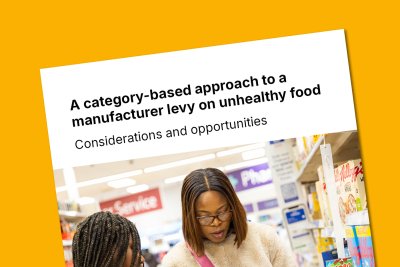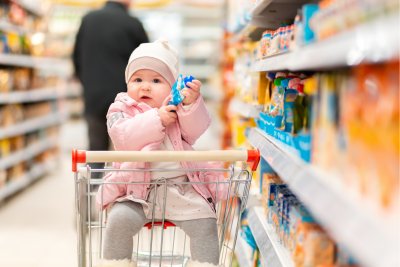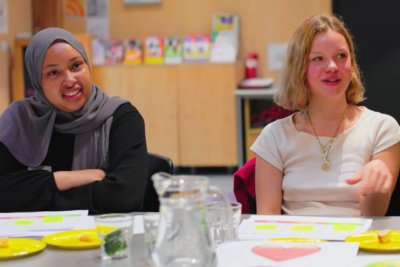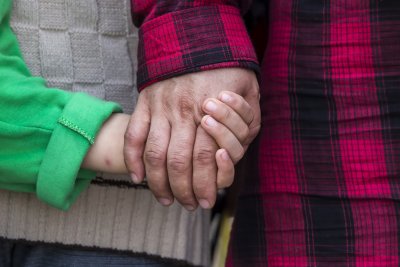 Two immigrants hold hands in Idomeni, Greece, waiting to hear about onward passage. Copyright: Ververidis Vasilis | shutterstock
Two immigrants hold hands in Idomeni, Greece, waiting to hear about onward passage. Copyright: Ververidis Vasilis | shutterstock
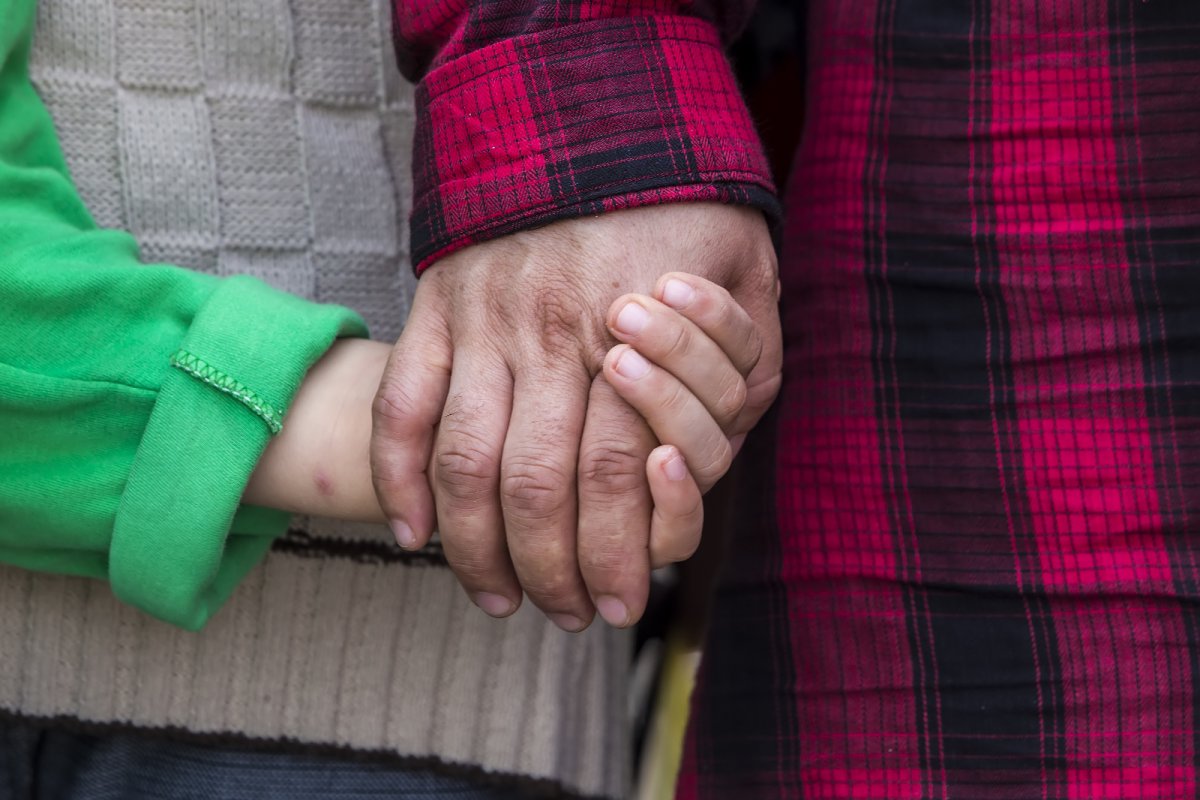
People seeking asylum in London face malnutrition, but there is scope for local action
New report finds food insecurity and malnutrition are commonplace for people seeking asylum in London, and outlines key areas for local action.
New report, Food experiences of people seeking asylum in London: areas for local action, published today by Sustain, finds serious issues with food access for people seeking asylum in London. Key areas for local action are outlined, with recommendations of how councils can work with local actors to improve the situation.
Serious concerns were raised about food provided in catered accommodation, with evidence of poor food safety and lack of provision for people with medical conditions and allergies, in some cases leading to hospitalisation. Key issues were raised around unsafe infant feeding with parents lacking access to equipment to sterilise and store bottles, and food being inappropriate for children, who were losing significant amounts of weight. People want to have choice over what they eat and be able to cook their own meals. This was particularly important to mothers, who were deeply impacted by not being able to provide for their children, who were becoming malnourished.
Sustain worked with Jesuit Refugee Service UK and Life Seekers Aid to conduct the research between October 2023 and February 2024. This included focus groups with people with lived experience of the asylum system, interviews with local authorities, healthcare providers and voluntary and community sector organisations, and a workshop with local authorities.
The report found that for people seeking asylum at all stages of the process, lack of money, little to no kitchen access and inadequate food provision is leading to concerning health outcomes including undernourishment in children and diabetes in adults, as well as demoralisation and damage to mental health. For many people, asylum claims take several years, with poor food experiences impacting their wellbeing during this time and having potential long-term health implications.
Sarah Teather, Director at Jesuit Refugee Service UK says:
"This report lays bare the horrifying impact of food insecurity for people in the asylum system: children going to bed crying in hunger, people becoming ill because of the only food they can eat, a daily struggle to make ends meet. These are ultimately the result of a deliberate policy to force people seeking asylum to live in poverty. This should not be normal. As this report reveals these realities, it also shows that it doesn’t have to be this way. We can, and must, change this.”
The report makes recommendations for local authorities to work collaboratively with key local actors to tackle issues around food that people seeking asylum are facing, and push this up the agenda. It also calls for change around national policies which are driving food insecurity and malnutrition among people seeking asylum and making local action challenging.
Isabel Rice, London Food Poverty Campaign Coordinator at Sustain says:
“The shocking findings of this report are a clear call to action. People seeking sanctuary in this country should have their nutritional needs met, and agency over the food they eat. This report reveals that this is not happening, with catastrophic impacts on people’s physical and mental health”.
Food Poverty: Championning people-powered projects that tackle the root causes of food poverty.
Sustain
The Green House
244-254 Cambridge Heath Road
London E2 9DA
020 3559 6777
sustain@sustainweb.org
Sustain advocates food and agriculture policies and practices that enhance the health and welfare of people and animals, improve the working and living environment, promote equity and enrich society and culture.
© Sustain 2025
Registered charity (no. 1018643)
Data privacy & cookies
Icons by Icons8


